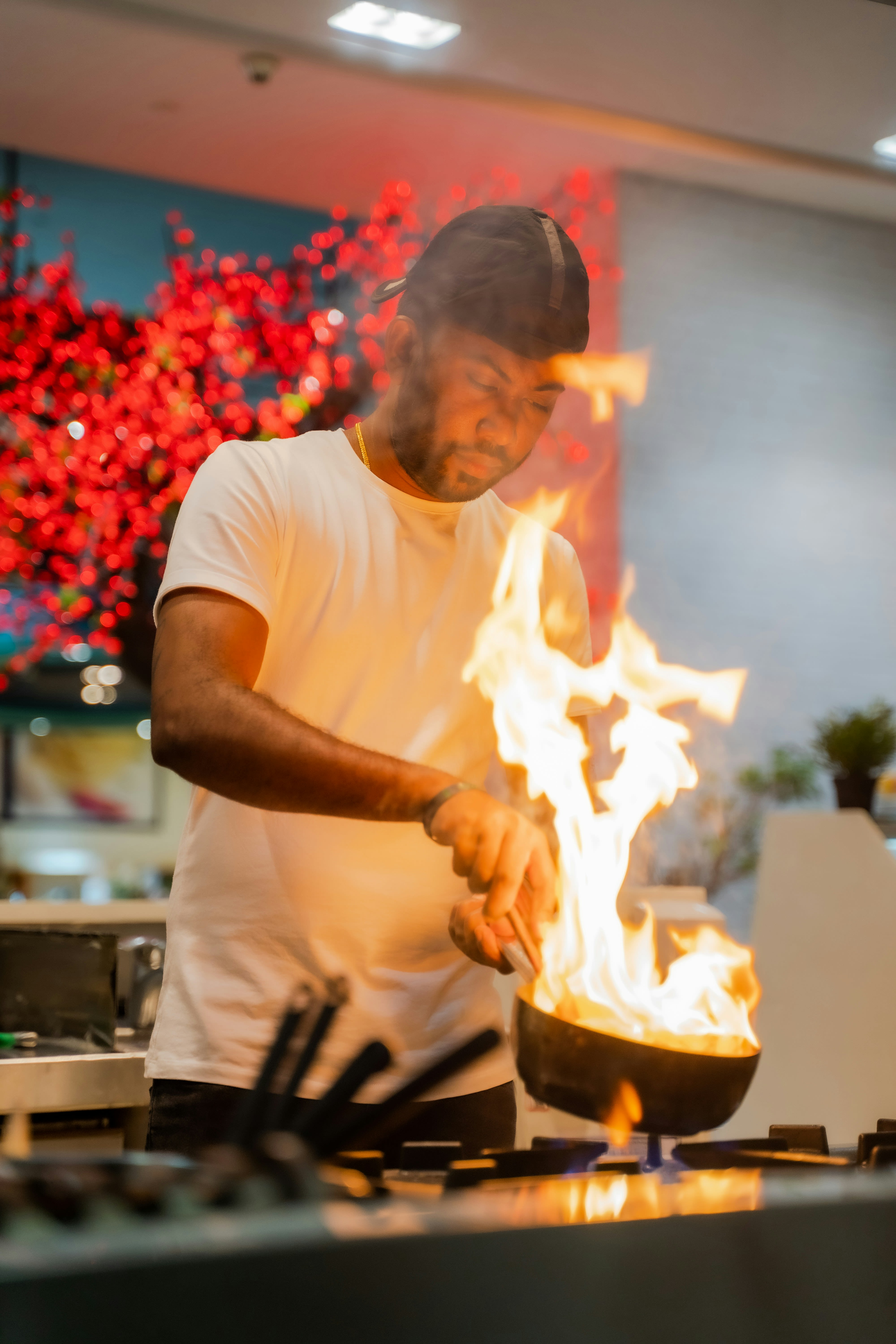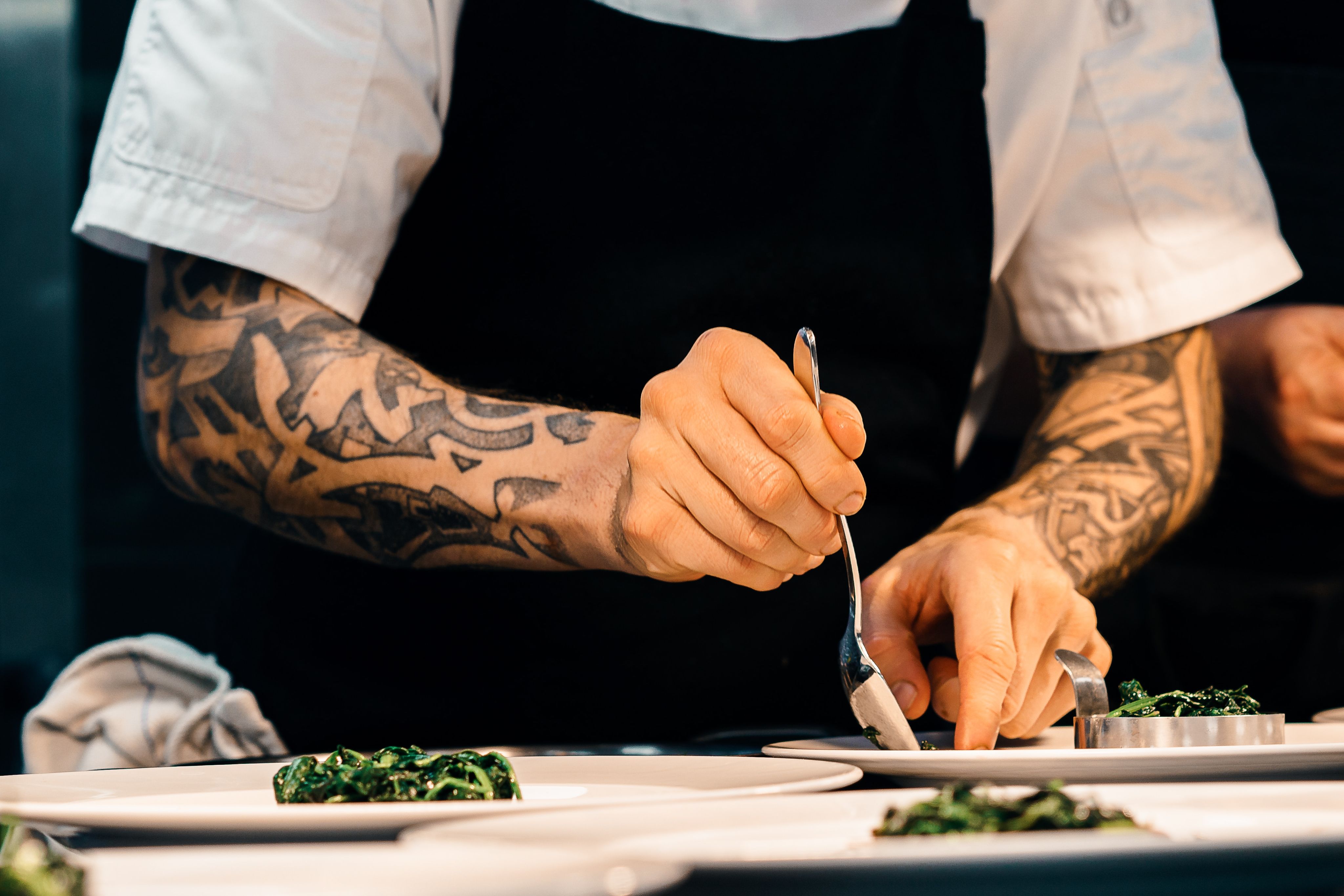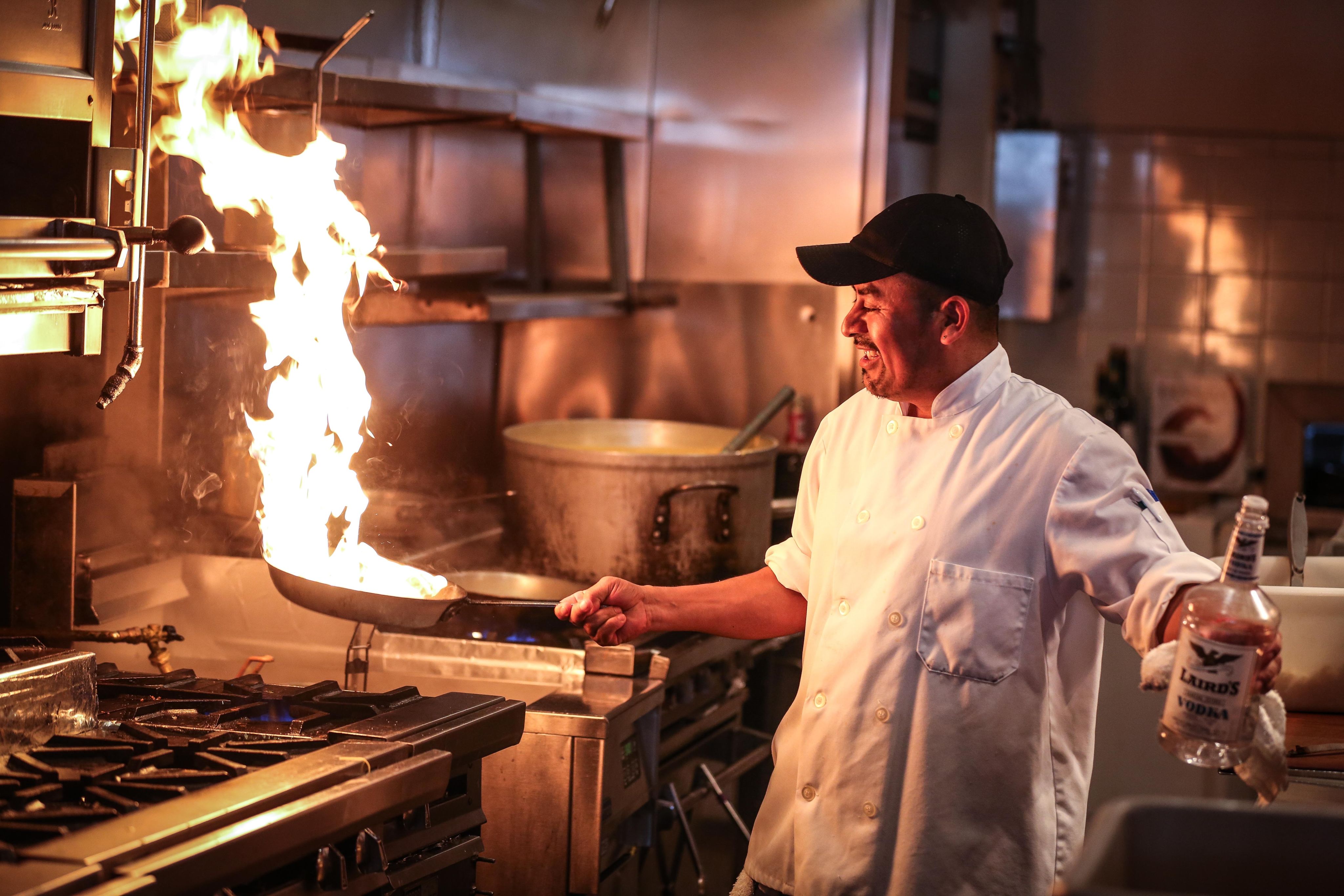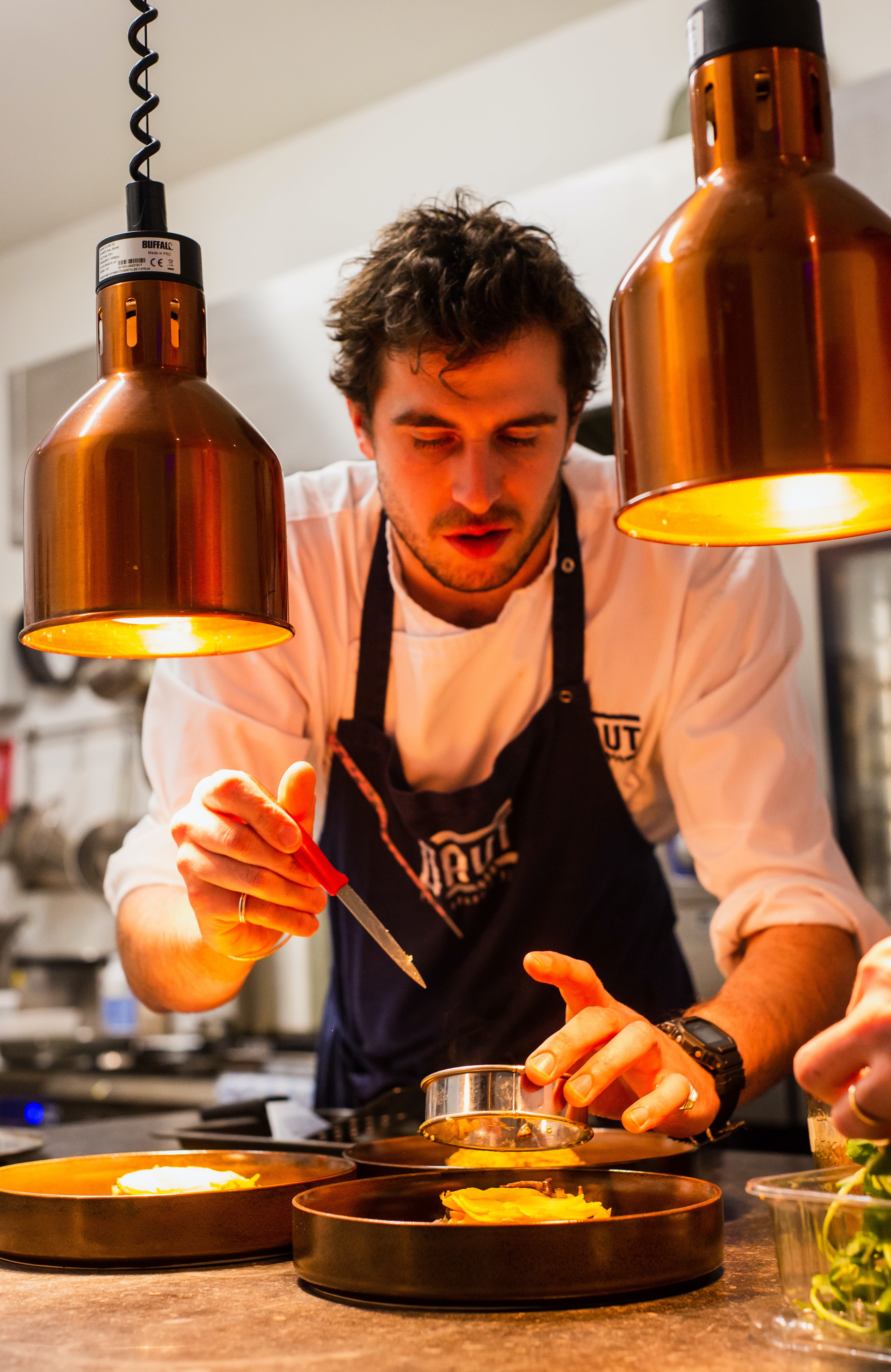What It’s Like to Be a Chef:
Skills and Roles Beyond Cooking

When people think of a chef, they often imagine someone in a white coat stirring sauces or expertly plating dishes in a busy kitchen. But in reality, being a chef involves far more than just cooking. Today’s culinary professionals are managers, leaders, mentors, artists and entrepreneurs, all rolled into one.
For those dreaming of becoming a chef, it’s important to understand the full scope of what the role entails. The Reliance Diploma in Culinary Arts offers aspiring chefs in Malaysia a solid foundation, not only in cooking techniques but also in the essential non-cooking skills that define success in the industry.
The Chef’s Role Has Evolved
Modern chefs are expected to wear many hats. In addition to creating delicious meals, they must:
- Manage kitchen operations
- Lead and inspire their teams
- Design innovative menus
- Ensure food safety and hygiene
- Control costs and reduce waste
- Engage with customers and the public
- Understand trends and technology
- Represent their brand or restaurant
In other words, a chef is both an artist and a businessperson. And the best chefs are those who combine passion with professionalism.
Key Skills Every Chef Needs Beyond Cooking
1. Leadership and Team Management
A kitchen is only as strong as its team. Chefs must lead by example, train junior staff, resolve conflicts and keep morale high even during busy service. The ability to motivate and communicate is just as important as knife skills.
2. Time Management and Efficiency
In a professional kitchen, timing is everything. Chefs need to coordinate orders, juggle multiple tasks and meet tight deadlines, without compromising on quality. Staying calm under pressure is a must.
3. Menu Planning and Creativity
Creating a great dish is one thing, designing a well-balanced, cost-effective seasonal menu is another. Chefs need to keep up with culinary trends and local ingredient availability to stay competitive and innovative.
4. Food Costing and Inventory Control
Chefs must understand the business side of food. This includes budgeting, pricing dishes accurately, minimising waste and ensuring efficient stock management.
5. Customer Service and Public Relations
Chefs today often engage directly with customers, either in open kitchens, pop-up events or on social media. They are also ambassadors of their brand, representing their restaurant or company at events, in interviews and online.
6. Health, Safety and Sustainability
Maintaining high hygiene standards, ensuring safe food handling and adopting sustainable practices are all part of the modern chef’s responsibility. Many chefs are now leading the charge in zero-waste kitchens and ethical sourcing.
How Reliance College Prepares Future Chefs for Real-World Challenges
At Reliance College, the Diploma in Culinary Arts goes beyond traditional cooking classes. It offers a comprehensive, industry-focused curriculum that builds both culinary mastery and professional skills.
Here’s how students are prepared for the diverse responsibilities of being a chef:
▸ Hands-On Kitchen Training
Students spend time in commercial-grade kitchens, learning to prepare a wide variety of local and international cuisines under real conditions.
▸ Leadership and Communication Development
Teamwork, communication and kitchen hierarchy are emphasised from day one, building confidence in leading and collaborating.
▸ Costing, Purchasing & Menu Design Modules
Students learn the fundamentals of kitchen economics, helping them manage real budgets and plan profitable menus.
▸ Event Planning and Customer Engagement
Through food events, catering assignments and presentations, students learn how to work with clients, serve at events and present their work professionally.
▸ Industry Exposure and Internships
Students gain real-world experience through internships and industry placements, learning directly from professional chefs and kitchen managers.
Career Paths Beyond the Kitchen
The skills learned as a chef open doors to a variety of roles, including:
- Executive Chef or Sous Chef
- Pastry Chef or Chocolatier
- Restaurant Owner or Food Entrepreneur
- Culinary Instructor or Consultant
- Food Stylist or Media Personality
- Catering Manager or Event Coordinator
- Hotel or Resort F&B Manager
Whether you want to run a fine-dining restaurant, host cooking shows or launch your own food brand, the chef’s journey is full of possibilities.
Being a chef today is about much more than cooking. It’s about leadership, creativity, business savvy and human connection. It’s about turning food into experiences, kitchens into teams and ingredients into stories.
Through its Diploma in Culinary Arts, Reliance College gives students the tools they need to succeed, not just in the kitchen, but in the dynamic and ever-evolving culinary world.
If you’re passionate about food and ready to lead, create and inspire, becoming a chef could be your perfect path, and Reliance College is the ideal place to begin.
References
- Reliance College. Diploma in Culinary Arts Overview. https://www.reliance.edu.my/courses/diploma-in-culinary-arts/
- World Association of Chefs Societies. “Core Competencies of a Professional Chef.” https://www.worldchefs.org
- Culinary Institute of America. “What It Takes to Be a Chef.” https://www.ciachef.edu
- BAC Education. Career-Ready Culinary Training. https://www.bac.edu.my/bac/industry-relevant-curriculum/
- Forbes. “Chef Entrepreneurs: How Culinary Experts Are Building Global Brands.” https://www.forbes.com



